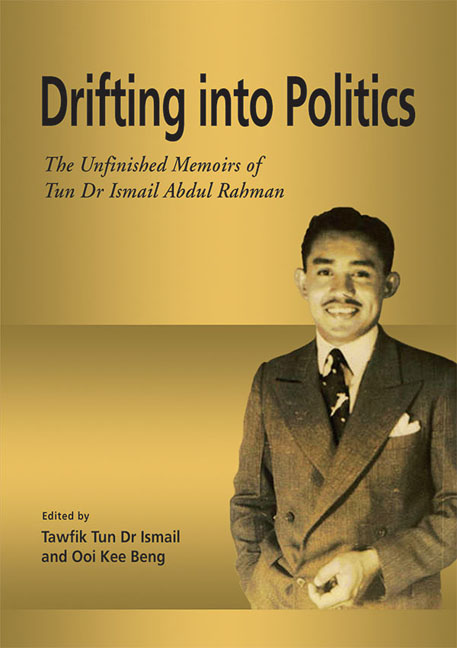We did not neglect our aim of achieving independence at the time when we were strengthening the party and building the Tunku as a leader. We met regularly at my house in Johor Bahru. When I said “we”, I meant the Malay Graduates’ Association, but the ones who attended the meetings regularly were Encik Suffian and myself. The two of us would prepare a paper which was discussed with the Tunku and other members of the Association.
I was keen to follow the footsteps of Ghana which just had the status of self-government conferred on them and which was then on the eve of her independence. We concluded that the most important thing was to hold national elections and that if the pro-Merdeka party swept the elections, independence was a certainty.
At this time General Sir Gerald Templer, the High Commissioner of Malaya, was also talking of holding elections but he was thinking of holding them at the village pump level, thereby introducing democracy at the grass-roots level.
We disagreed for two reasons: first, we were convinced that this was a delaying tactic on the part of the British and second, we were convinced that elections at the village level would not be successful and today we are proven right because very few elected local councils are successful.
However, we were not going to let the elections proposed by Templer remain uncontested by us because we were also aware that these elections provided a means of testing our strength and also our popularity with the people.
The introduction of elections brought great change to the political scene. Dato Onn had, by this time, started his Independence of Malaya Party (IMP) and his timing was such that it was in readiness for the Kuala Lumpur municipal election. One of the persons whom Dato Onn disliked, and who disliked him in return, was Mr H.S. Lee (later Tun Sir Henry Lee). Their dislike of each other was so bitter and so personal that each was bound to oppose whatever the other did. Henry Lee, at that time, had control of the Chinese guilds in Selangor and, as such, he was in control of the Malaysian Chinese Association (MCA).
